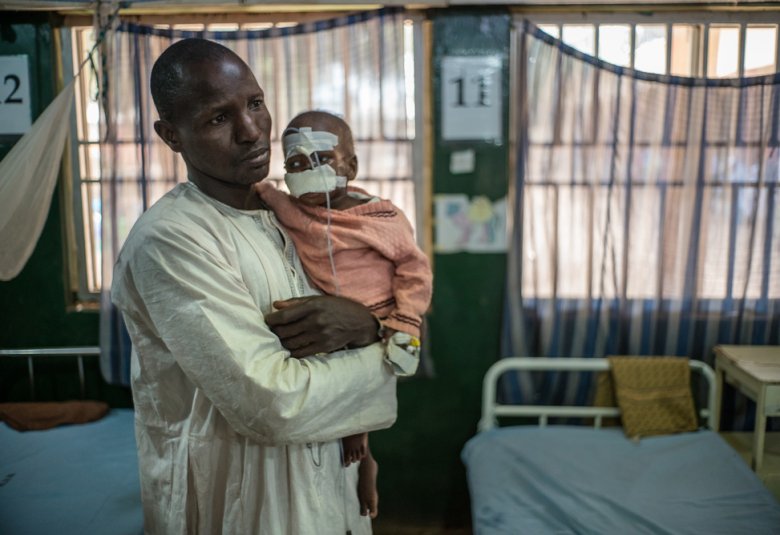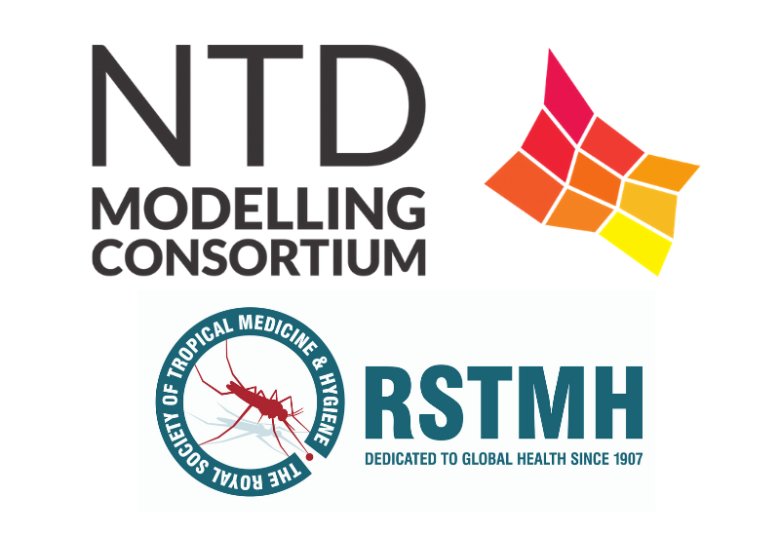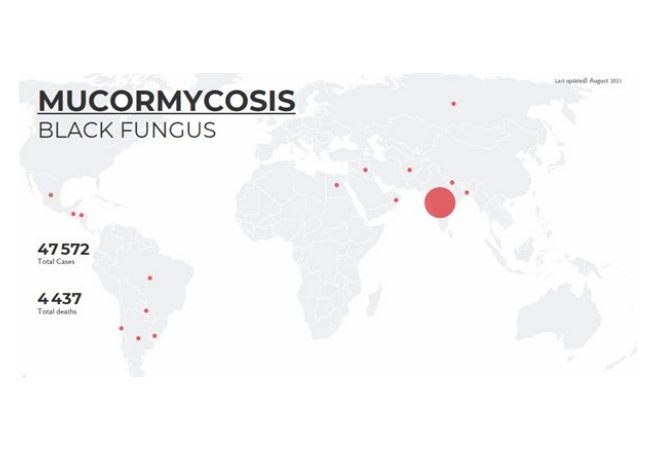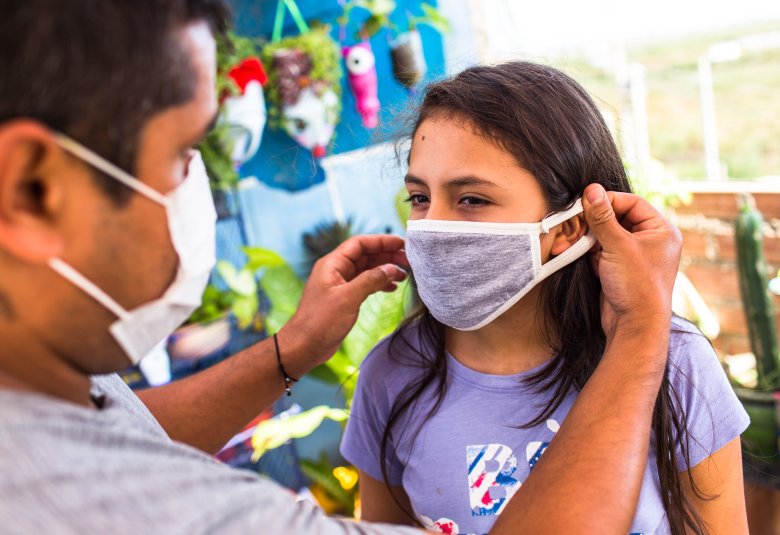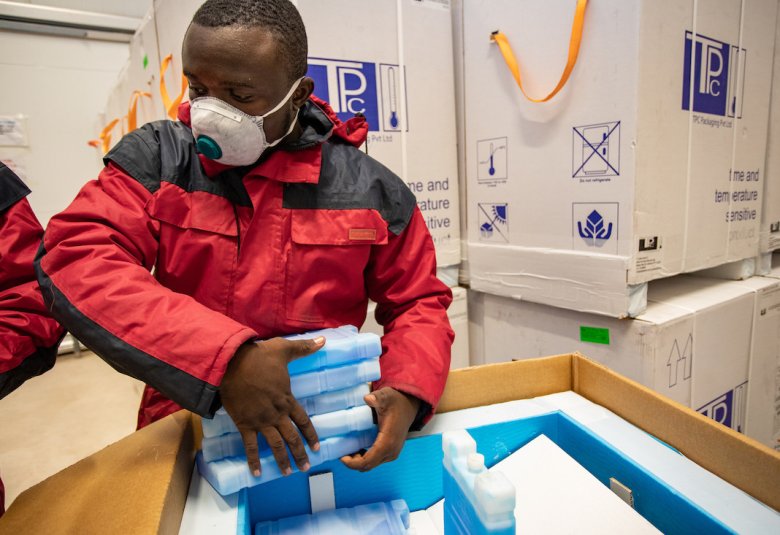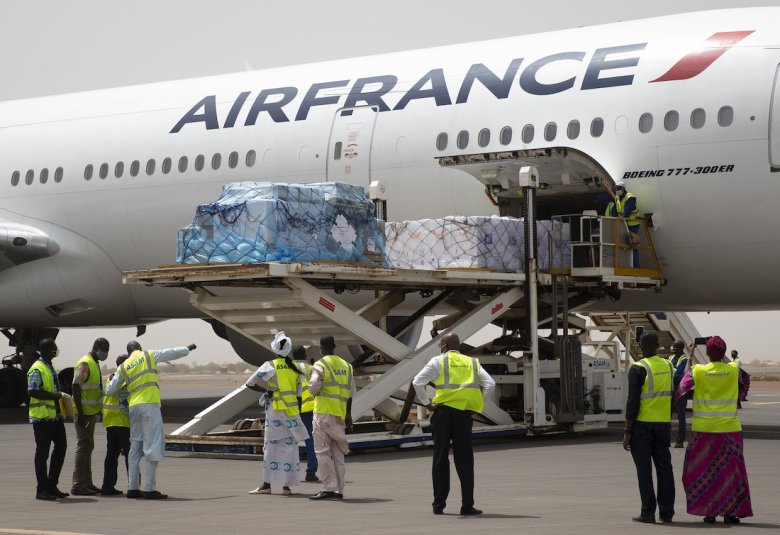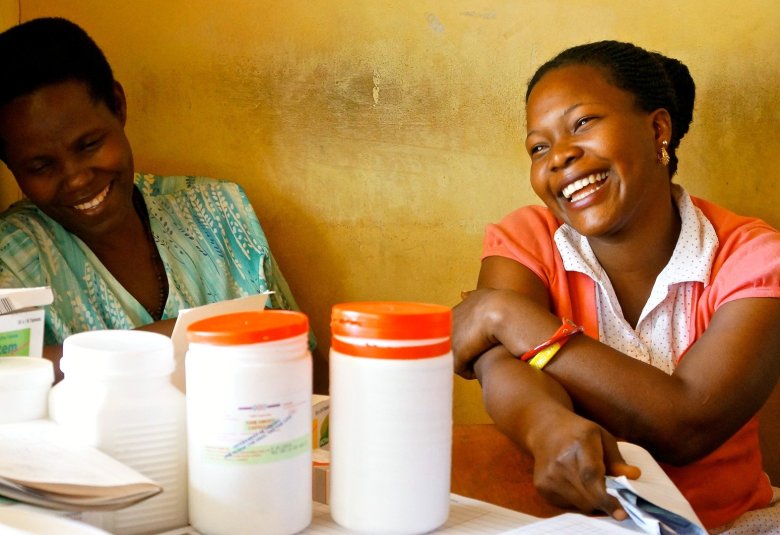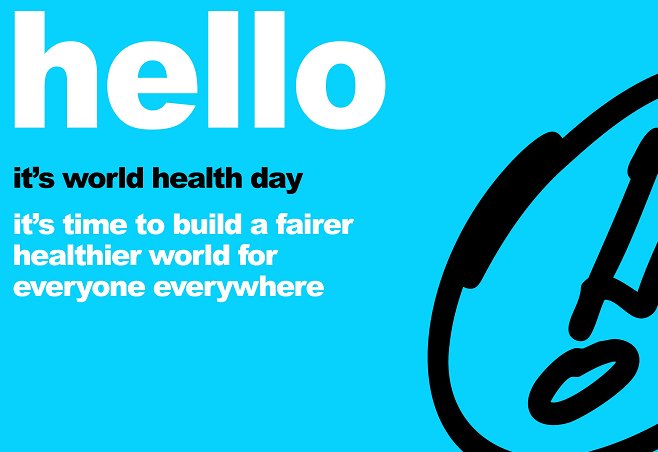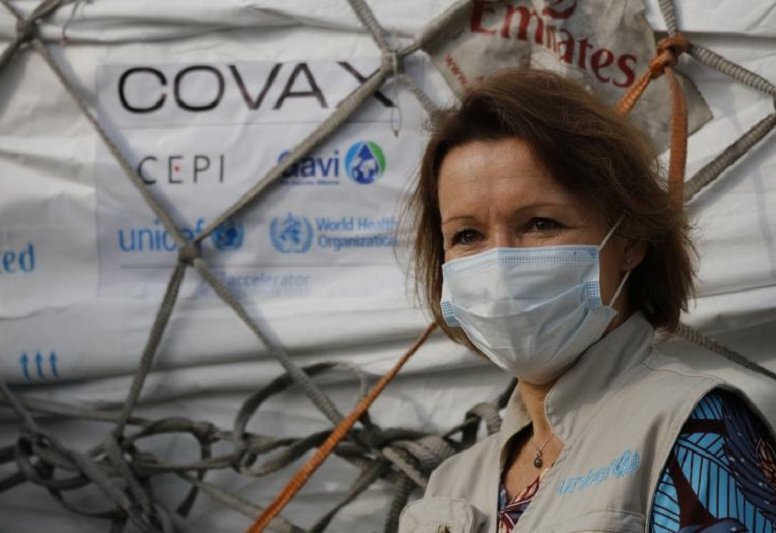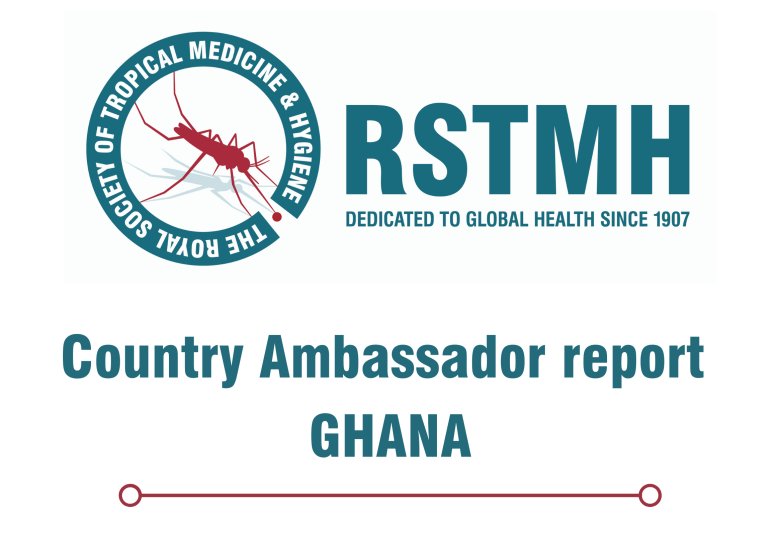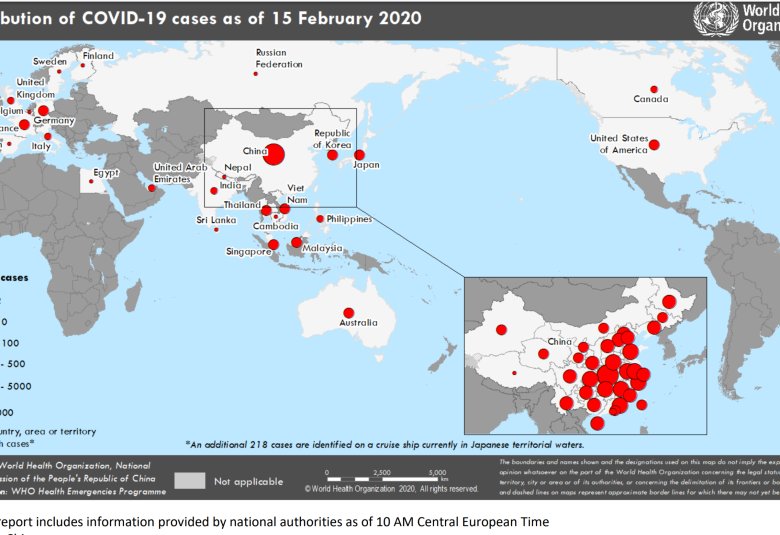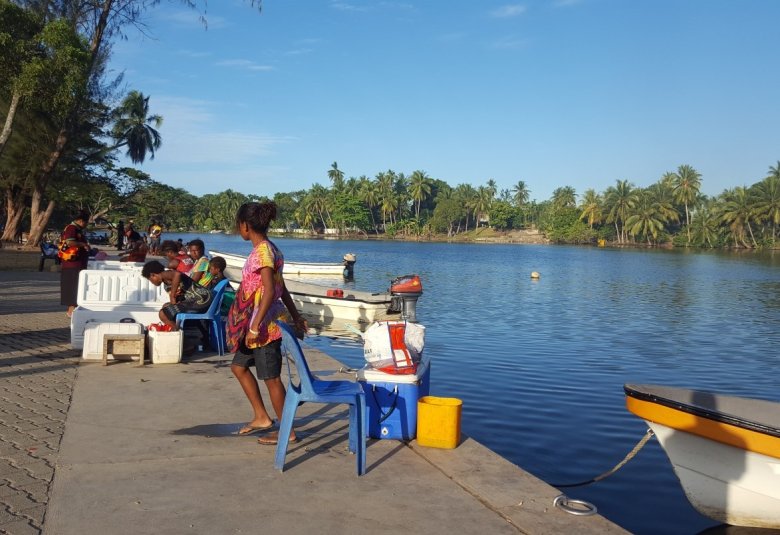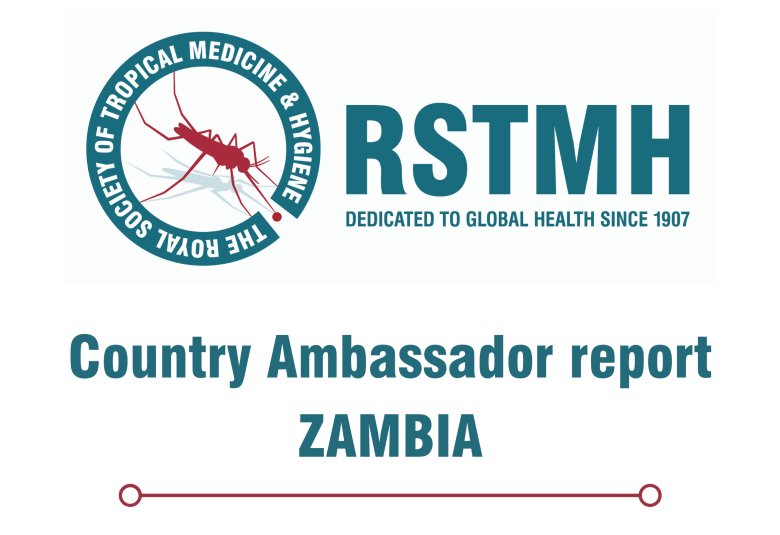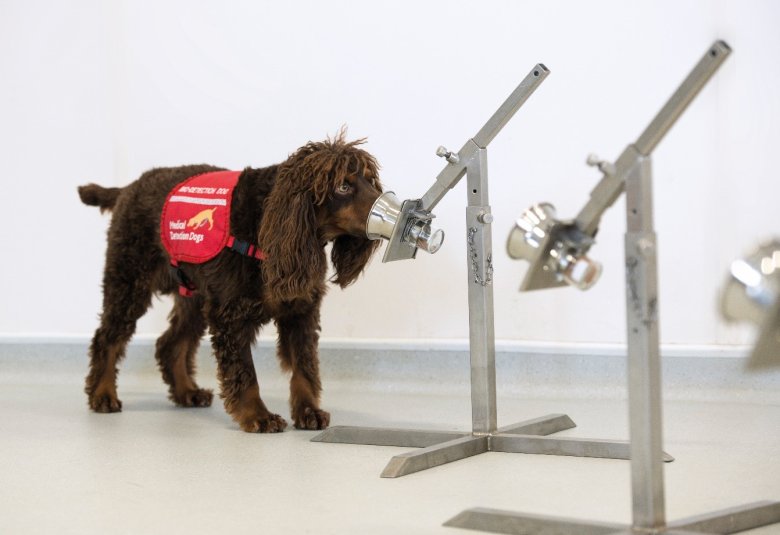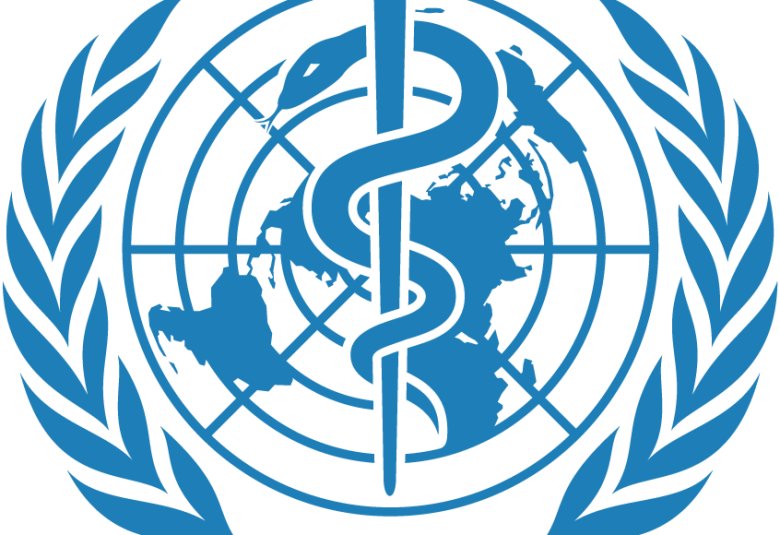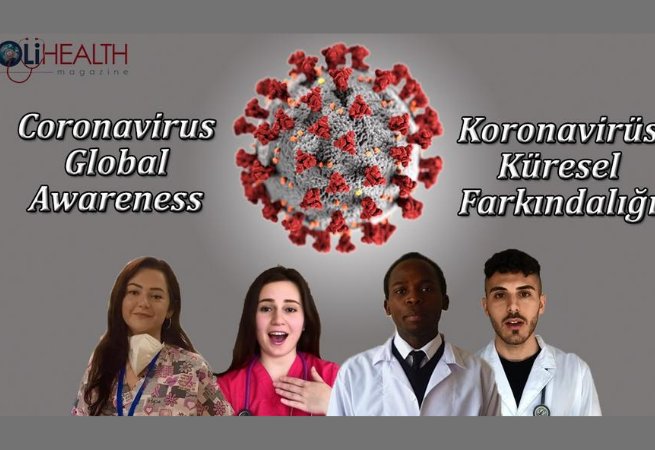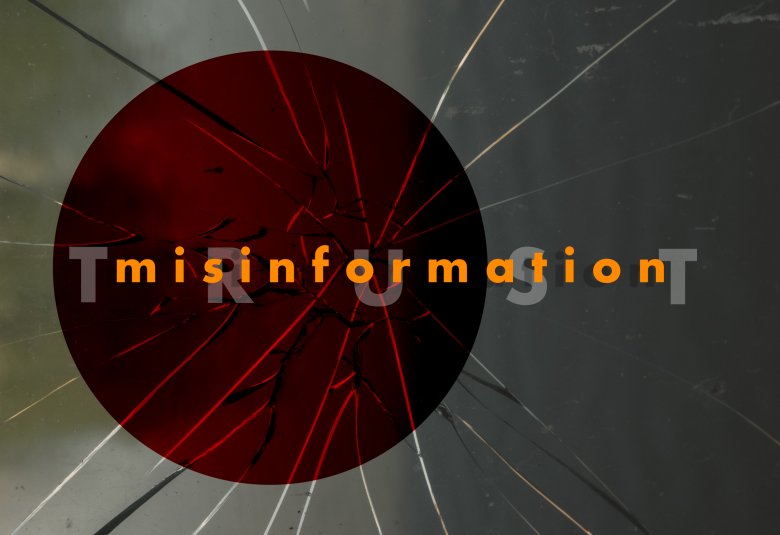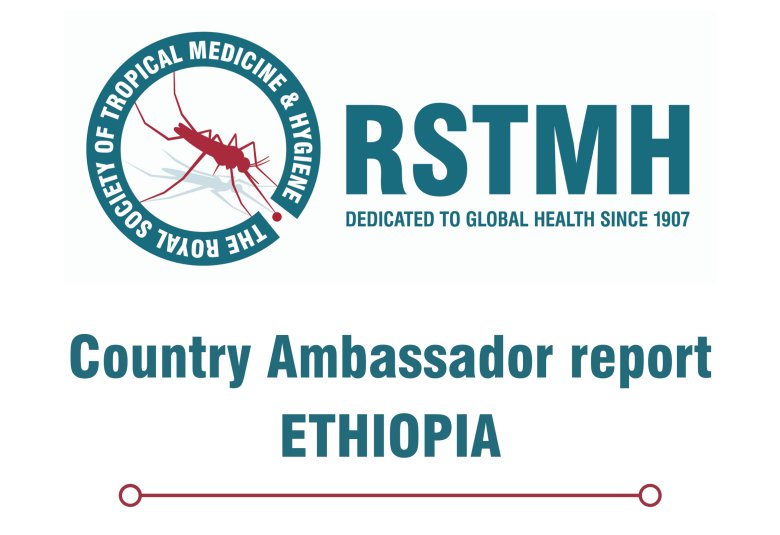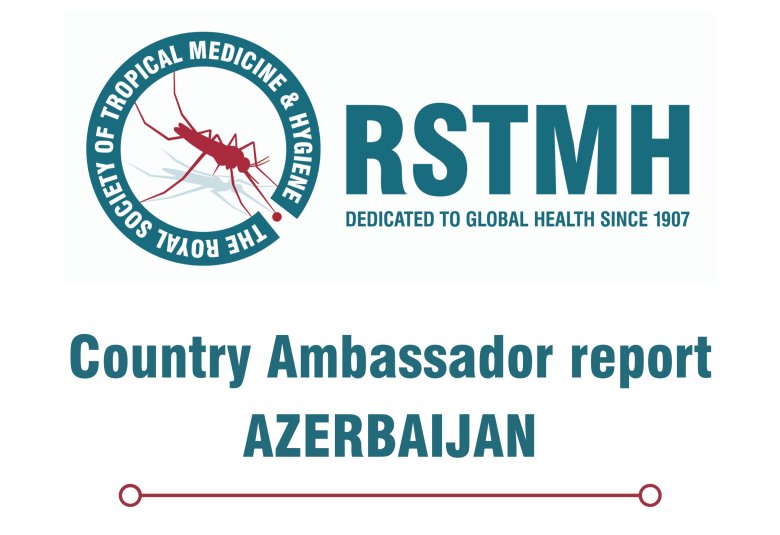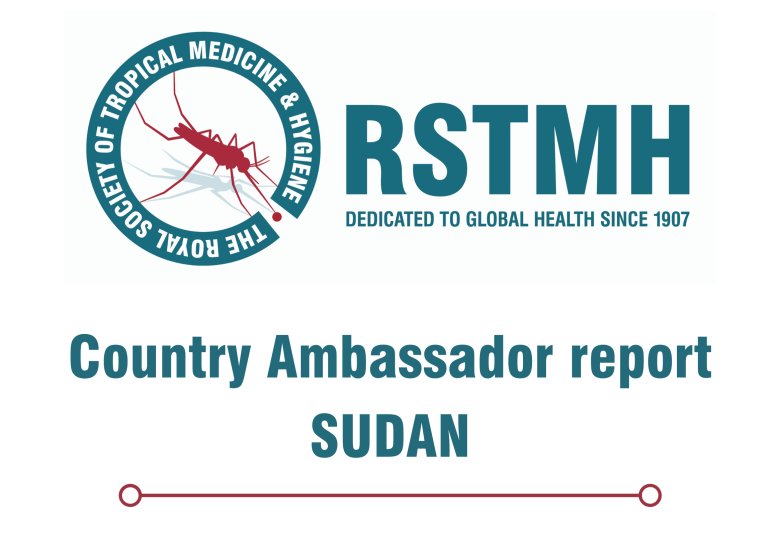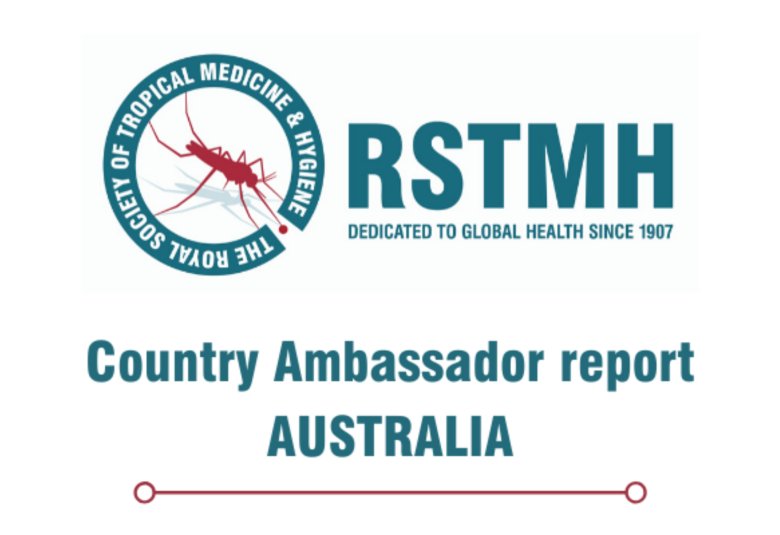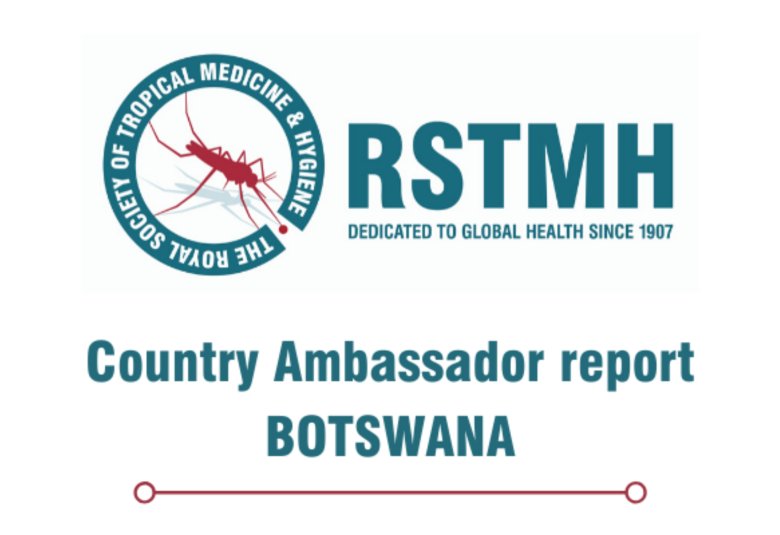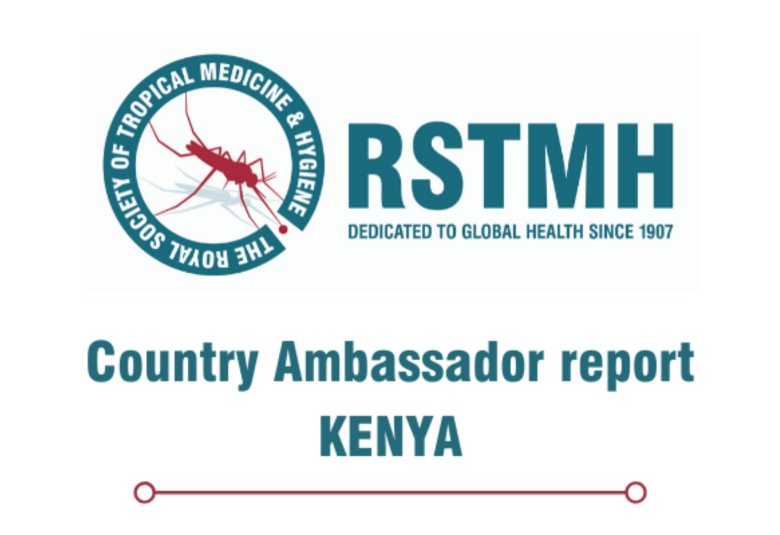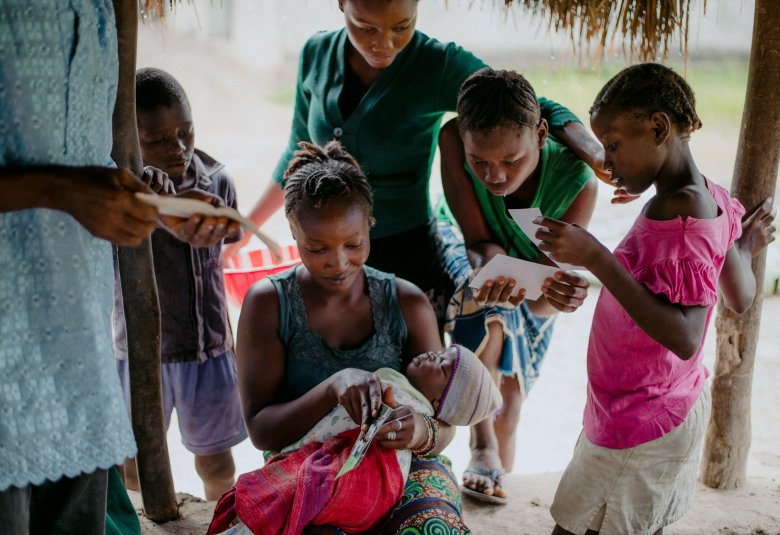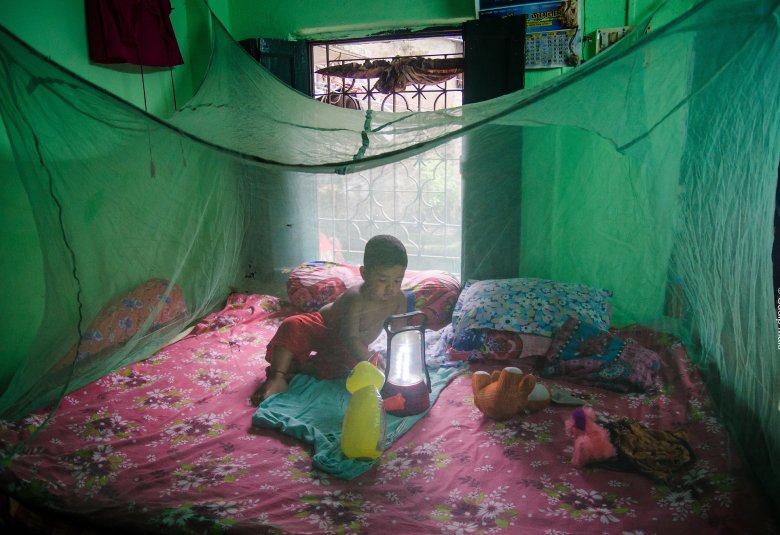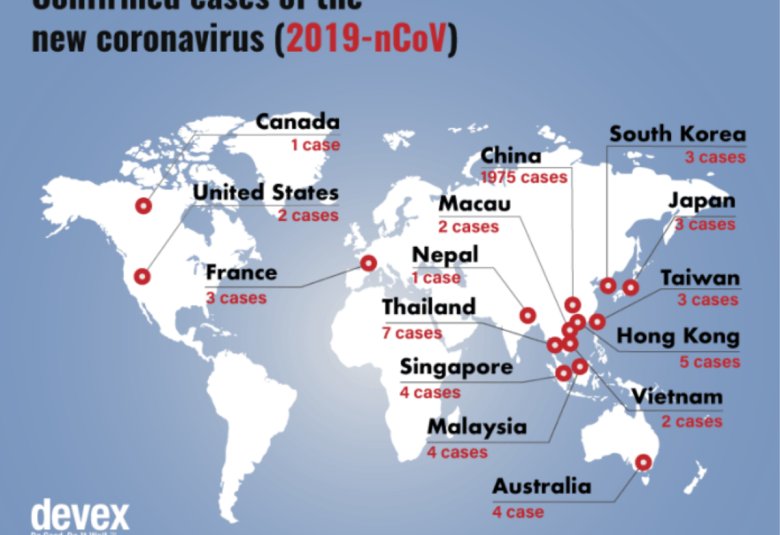COVID-19 – advice from RSTMH members and Fellows
A few weeks ago, I asked our members and Fellows what they felt RSTMH should be doing to help the global efforts to tackle COVID-19. Thank you to everyone once again who got in touch.
Activities we have already introduced include ensuring published research in our journals is freely accessible; we have also added COVID-19 to the list of research areas as part of our 2020 Small Grants Programme.
If you have not yet emailed me but have ideas on what more we could be doing, please do let me know. This is a topic which will be with us for some time, and so the call for advice remains open for the foreseeable future.
The advice we received fell into two broad categories which I have detailed below – what research questions could be suggested as project topics for our current Small Grants programme, and what other activities should RSTMH review and potentially get involved in.
Potential research questions
The research questions that were suggested for our small grants programme include:
- Identify the next potential zoonotic diseases
- Understand the impact of the pandemic in refugee camps
- Retrospective studies to help us understand how to be better prepared for pandemics
- Conduct country assessments into the availability and feasibility of tests
- Projects aimed at integrated disease surveillance platforms to identify the outbreaks of pathogens of epidemic potential in livestock or wild animals
- Studies to assess individual countries’ preparedness
- Identify other innovative preventative ideas for the public
- Reducing the costs of diagnostics
- Potential repurposing of drugs and combination/synergy studies
- Evaluate the response in a country or region
These potential research questions have not been evaluated or reviewed in detail. There is also this WHO report entitled “A coordinated global research roadmap:2019 novel coronavirus” which lists mid-term and long-term priorities around the topics of:
- Virus natural history, transmission and diagnostics
- Animal and environmental research on the virus origin, and management measures at the human-animal interface
- Epidemiological studies
- Clinical management
- Infection prevention and control, including health care workers protection
- Candidate therapeutics R&D
- Candidate vaccines R&D
- Ethics considerations for research
- Social sciences in the outbreak response
Other suggested actions for RSTMH
We were also advised by members and Fellows to look into the following areas of work:
- Develop preparedness campaigns for contagious diseases
- Help facilitate the sharing of information between research institutes
- Help improve diagnostic development processes
- Organise structured training on medical management of COVID-19, risk communication and community engagement for infectious disease/biomedical researchers/students who are based or work at-risk countries
- Work with partners to encourage governments to make tests freely available
- Encourage our members and Fellows who are modellers to apply their skills in this area
- Support the sequencing of COVID-19 from resource-poor regions through collaborations and partnerships, to provide a more complete picture of the virus
- Evaluate the need for collaborative work with partners who have direct links with the national field epidemiology and microbiology units across Europe
- Remind our networks that our scientific journals TRSTMH ‘Transactions’ and ‘International Health’ are happy to accept publications on COVID-19, and we encourage papers about outbreak preparedness in low and middle-income countries
- Reiterate the public health and hygiene messages to the community
- Work with industry to help develop effective face masks
- Emphasise the need for personal protective practices to prevent transmission
- Help develop better data/economic modelling to highlight the economic impact of infectious diseases for policy makers, and to increase resources
- Translate guidance from WHO where helpful
- Support efforts to get diagnostic tools that are simple, and easy to integrate into national disease surveillance programs (incl. animal health).
As you can see this list of suggestions is wide ranging and include advocacy and partnership activity at policy and funding levels. We have not yet evaluated this list fully but will do so and let you know which of these we will be taking forward.

